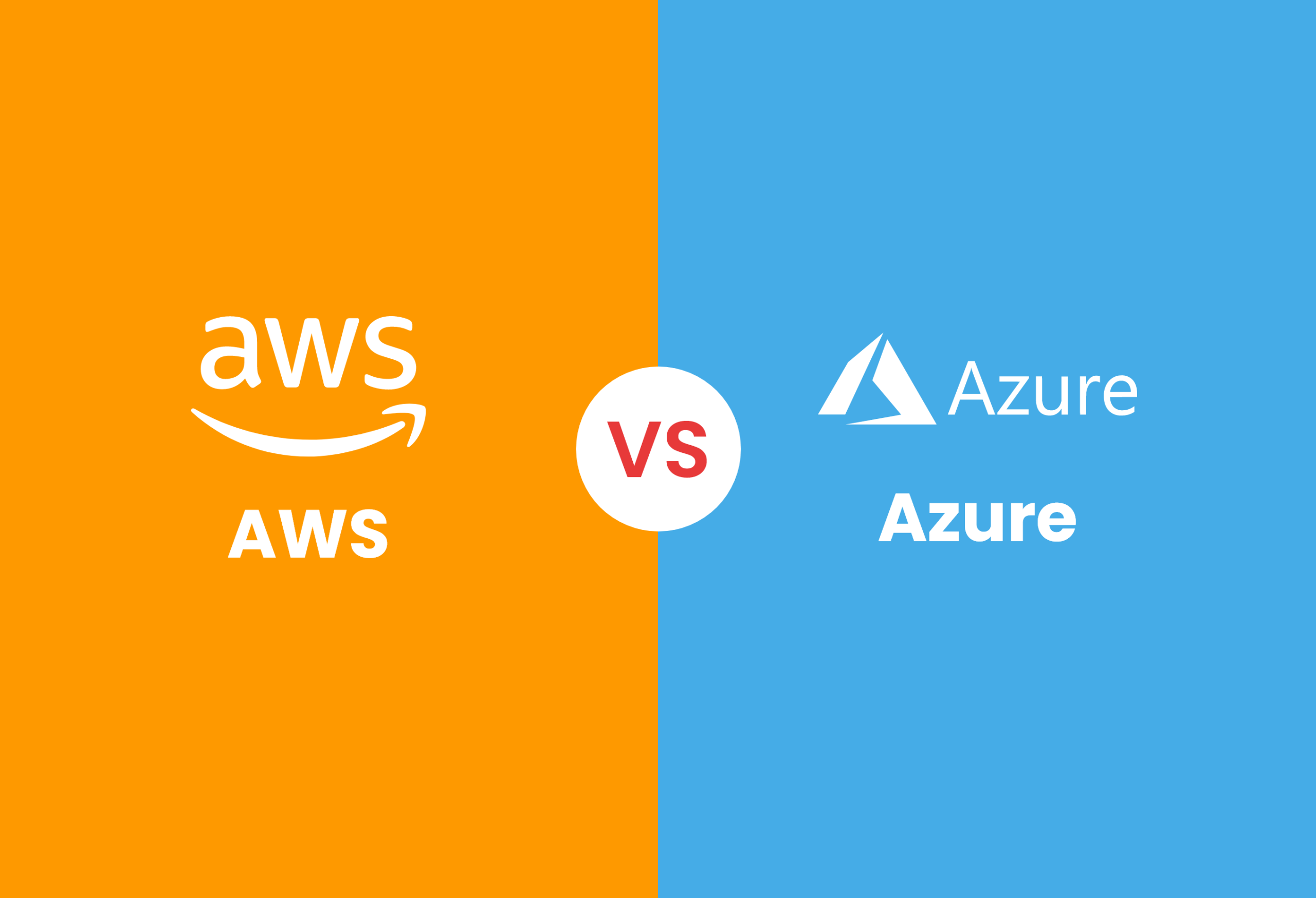Cloud computing has become the backbone of modern enterprises, revolutionizing how businesses store, manage, and analyze data. With numerous platforms to choose from, selecting the right one can feel overwhelming. So, which platforms should you consider? Let’s explore the top contenders like AWS, Azure, and others shaping the cloud landscape.
What is Cloud Computing?
Definition and Key Features
At its core, cloud computing is the delivery of computing services—such as storage, processing power, and applications—over the internet. It eliminates the need for physical hardware, offering on-demand access to resources.
Types of Cloud Services
Infrastructure as a Service (IaaS)
IaaS provides virtualized computing resources over the internet. Think virtual servers and storage that replace traditional hardware.
Platform as a Service (PaaS)
PaaS offers a framework for developers to build and deploy applications without managing the underlying infrastructure.
Software as a Service (SaaS)
SaaS delivers ready-to-use applications over the web, such as Google Workspace and Salesforce.
Benefits of Cloud Computing for Enterprises
Scalability and Flexibility
Whether you’re a startup or a global corporation, cloud services can scale with your needs. Add or reduce resources as demand changes.
Cost Efficiency
Why invest in expensive servers when you can pay for what you use? Cloud platforms eliminate upfront costs and reduce operational expenses.
Enhanced Collaboration and Accessibility
Teams can access data and collaborate from anywhere, fostering productivity and innovation.
Disaster Recovery and Data Backup
Cloud platforms ensure your data is safe and easily recoverable in case of an emergency.
Key Players in the Cloud Computing Market
Overview of the Big Three
Amazon Web Services (AWS)
AWS, the market leader, boasts a massive range of services, from basic storage to advanced machine learning.
Microsoft Azure
Known for its seamless integration with Microsoft products, Azure is a favorite among enterprises relying on Windows-based systems.
Google Cloud Platform (GCP)
GCP excels in analytics and machine learning, making it a go-to for data-driven businesses.
Detailed Comparison of AWS, Azure, and GCP
Market Share and Adoption
AWS dominates with a 33% market share, followed by Azure and GCP, but each has its loyal user base and industry strengths.
Features and Services Offered
Computing Power
AWS leads with its EC2 instances, Azure offers virtual machines, and GCP provides Compute Engine—each tailored for diverse workloads.
Storage Solutions
From AWS S3 to Azure Blob Storage and Google Cloud Storage, businesses have robust options for storing and accessing data.
AI and Machine Learning Capabilities
AWS SageMaker, Azure AI, and GCP’s AI Platform bring cutting-edge tools for businesses leveraging AI.
Pricing Models and Cost Efficiency
Each platform offers pay-as-you-go pricing, but costs vary depending on services and scale.
Security and Compliance
All three platforms prioritize robust security measures, ensuring compliance with global standards like GDPR and HIPAA.
Beyond the Big Three: Other Cloud Platforms
IBM Cloud
Known for enterprise-grade AI and blockchain solutions.
Oracle Cloud
Specializes in database management and enterprise applications.
Alibaba Cloud
A strong contender in the Asian market with competitive pricing.
Specialized Niche Providers
Platforms like DigitalOcean cater to developers seeking simplicity and cost-effectiveness.
Choosing the Right Cloud Platform for Your Business
Assessing Business Needs
Understand your goals—whether it’s scalability, AI capabilities, or cost reduction.
Considering Industry-Specific Requirements
Certain industries, like healthcare or finance, may need compliance-specific solutions.
Hybrid and Multi-Cloud Approaches
Many businesses now combine multiple platforms for greater flexibility and redundancy.
Challenges in Cloud Adoption
Data Security Concerns
Storing sensitive data on third-party servers can raise security questions.
Vendor Lock-In
Switching providers isn’t always easy due to proprietary technologies.
Migration Complexity
Shifting legacy systems to the cloud requires careful planning and execution.
Future Trends in Cloud Computing
Edge Computing and IoT Integration
As IoT grows, edge computing will bring cloud capabilities closer to devices for faster processing.
Rise of Serverless Computing
Serverless solutions like AWS Lambda eliminate the need to manage infrastructure.
Sustainability in Cloud Operations
Cloud providers are focusing on green initiatives, aiming for carbon-neutral operations.
Conclusion
Cloud computing isn’t just a trend—it’s the future of business operations. Whether it’s AWS, Azure, or one of the many other platforms, the right choice depends on your unique needs. By leveraging the power of the cloud, enterprises can achieve greater efficiency, innovation, and resilience in a competitive landscape.
FAQs
- What makes AWS the most popular cloud platform?
AWS offers the widest range of services and global infrastructure, making it versatile for all business needs. - How does Azure compare to AWS in terms of features?
Azure’s integration with Microsoft tools gives it an edge for businesses already using Windows-based systems. - Is Google Cloud Platform suitable for small businesses?
Yes, GCP provides cost-effective solutions with strong analytics tools, making it ideal for small to medium enterprises. - Can businesses use multiple cloud platforms simultaneously?
Absolutely. A multi-cloud strategy is common to leverage the strengths of various platforms. - What are the top considerations for migrating to the cloud?
Evaluate costs, scalability, compliance, and the complexity of migrating existing systems before making the move.




